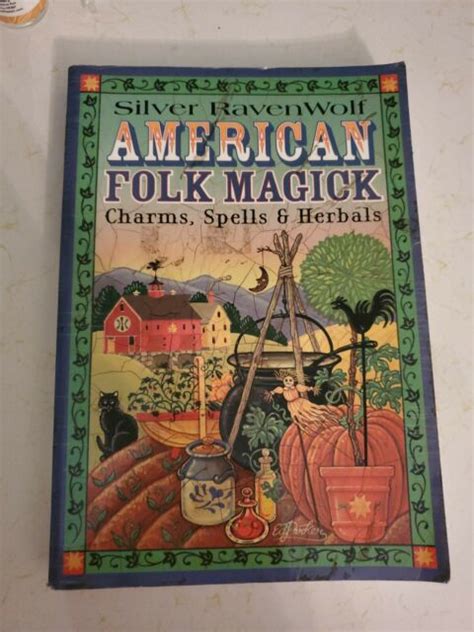A Quote by Nicholas of Cusa
Divinity is in all things in such a way that all things are in divinity.
Quote Topics
Related Quotes
In one of the Upanishads it says, when the glow of a sunset holds you and you say 'Aha,' that is the recognition of the divinity. And when you say 'Aha' to an art object, that is a recognition of divinity. And what divinity is it? It is your divinity, which is the only divinity there is. We are all phenomenal manifestations of a divine will to live, and that will and the consciousness of life is one in all of us, and that is what artwork expresses.
Modern transcendental idealism, Emersonianism, for instance, also seems to let God evaporate into abstract Ideality. Not a deity in concreto, not a superhuman person, but the immanent divinity in things, the essentially spiritual structure of the universe, is the object of the transcendentalist cult. In that address of the graduating class at Divinity College in 1838 which made Emerson famous, the frank expression of this worship of mere abstract laws was what made the scandal of the performance.
Divinity reveals herself in all things. Everything has Divinity latent within itself. For she enfolds and imparts herself even unto the smallest beings, and from the smallest beings, according to their capacity. Without her presence nothing would have being, because she is the essence of the existence of the first unto the last being.
It is not the weariness of mortality, but the strength of divinity, which we have to recognize in all mighty things; and that is just what we now never recognize, but think that we are to do great things by help of iron bars and perspiration. Alas! we shall do nothing that way but lose some pounds of our own weight.































